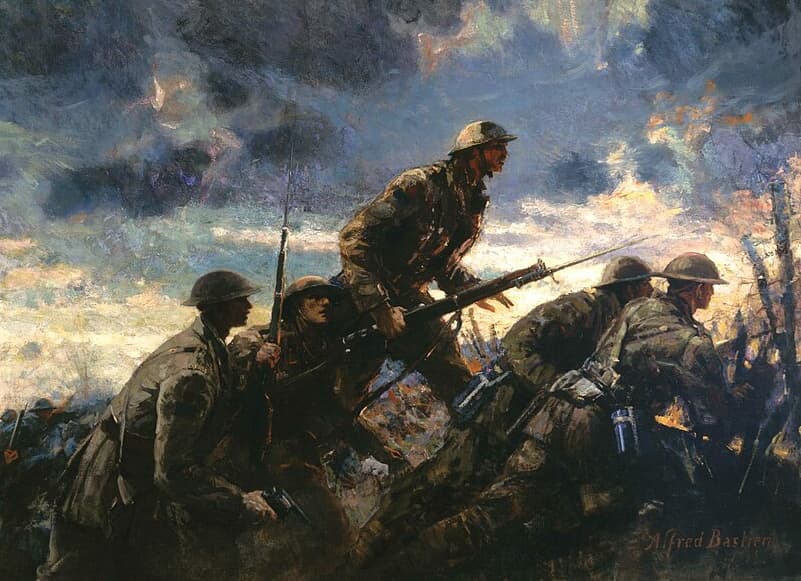
Hamas, Defying Trump, Eyes Keeping Control of Gaza
By THE NEW YORK SUN
|The speaker of Ivor Gurney’s poem dreads the sheer cacophony of battle, but receives, unexpectedly, in the waiting trenches, a gift of songs.

Already have a subscription? Sign in to continue reading

By THE NEW YORK SUN
|
By CAROLINE McCAUGHEY
|
By JOSEPH CURL
|$0.01/day for 60 days
Cancel anytime
By continuing you agree to our Privacy Policy and Terms of Service.